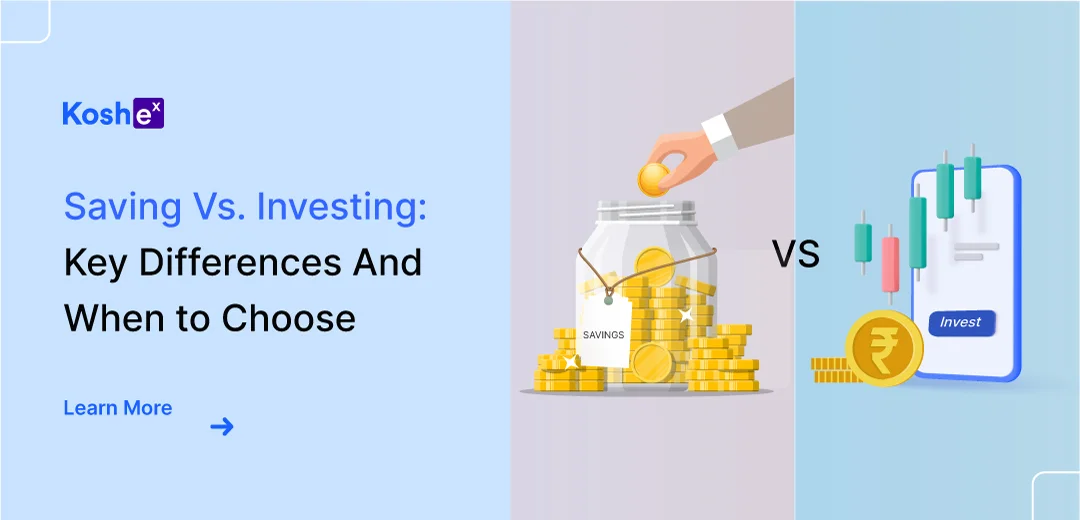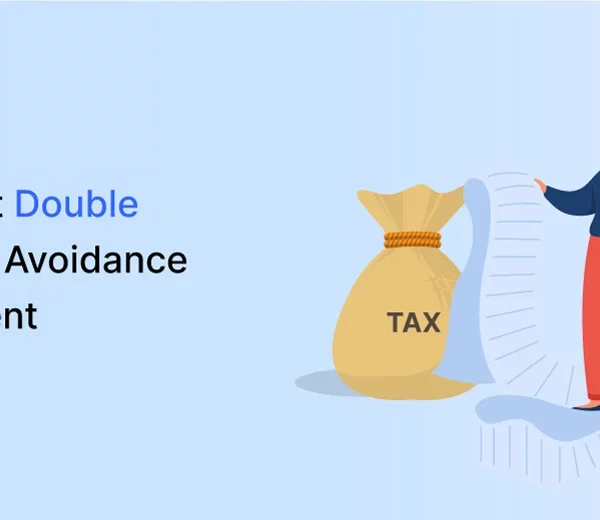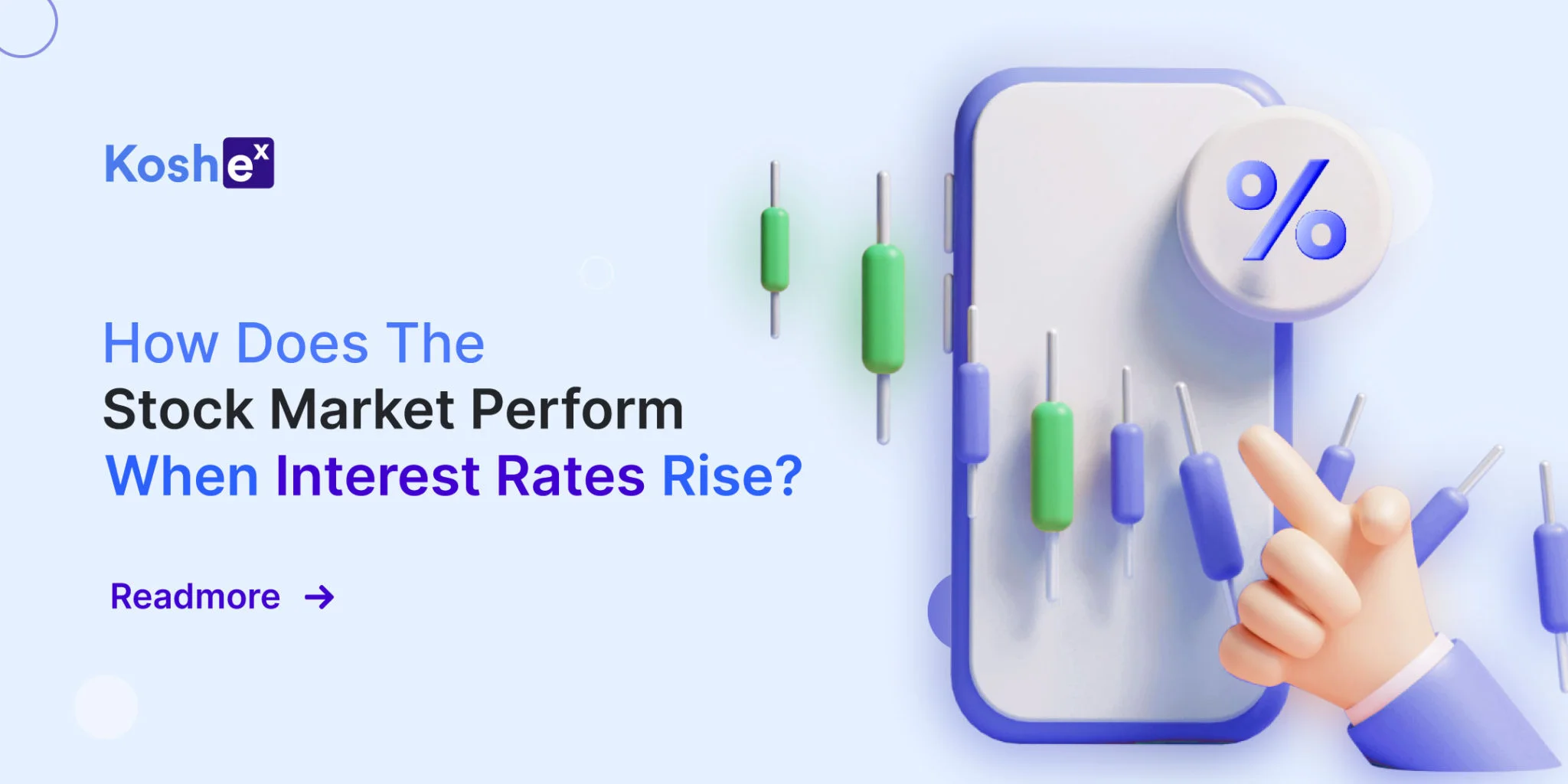Not sure whether to start saving or investing? ‘Saving vs. Investing’ may be an ongoing debate. However, starting as early as possible is a safe thumb rule to secure your financial future.
The first step is to sign up on the Koshex platform to learn how much to save and invest to secure your financial future.
An Introduction to Saving vs. Investing
Aman and Sanjay are two friends who have passed out engineering from the same college. They have been working for three years for different software companies. Now let’s see which of these two friends uses the Koshex platform to save and invest smartly.
While Aman belongs to a business family and has been keenly interested in stock markets since his early days as a student, Sanjay belongs to a typical middle-class family, with both parents working as government employees. As Aman and Sanjay discuss their finances with each other transparently, Aman passes on some stock market tips and information to Sanjay.
Given the above background, there is a disparity in how the two friends park their earnings. Although hearing all about stock markets from Aman, Sanjay has 75% of his wealth in a savings bank account and fixed deposits, and a balance of 25% in gold, real estate, and mutual funds all put together.
Aman has been consistently investing in stocks and has a well-constructed portfolio comprising 60% of his wealth. He has invested 20% in mutual funds 20% in a savings bank account and 20% in bank fixed deposits; he stays in a rented house. He believes that his current job role may require him to relocate for a long term abroad. Despite having similar earnings for the last three years, his wealth is 40% more valuable than Sanjay’s.
So, if your financial position is similar to Sanjay’s and you want to grow your wealth like Aman, sign up now on the Koshex platform to explore the best investment options! Remember, a proper financial plan is essential to achieve all your financial goals.
Difference between Savings and Investments
Savings, as the term indicates, is the process of using your money to secure your financial future. Savings are generally parked in a savings bank account, or fixed deposits issued by the bank and mostly address the requirement of emergency funds.
On the other hand, investments are made to address the need to fulfill the various financial goals that one may have. Investing is when you put your money in mutual funds, equity stocks, real estate, bullion, or some structured products.
The key difference to note between the two is the different levels of risk and reward; savings come at minimal or zero risk and simultaneously provide minimal returns, whereas investments carry higher risk and yield higher returns.
So while allocating the funds between the two, one has to assess their appetite of how much they need to save and invest.
Pros and Cons of Savings Vs. Investing
Pros of Savings
- A savings account or fixed deposits will let you know your return in advance. Also, they carry fixed returns and fixed maturity, respectively.
- Bank products are generally very liquid, meaning you can get your money as soon as needed, though you may incur a penalty if you want to access an FD before its maturity date.
- These carry minimum fees or costs.
Cons of Savings
- Returns are low, meaning you could earn more by investing (but there’s no guarantee you will.)
- Not good during high inflation, as the rising inflation rate may eat up returns.
Pros of Investing
- Investing instruments like stocks can have much higher returns than savings accounts and FDs.
- Investing instruments like stocks, bonds, and mutual funds can easily beat inflation.
- Investment in instruments with lockin like Fixed Maturity Plans can ensure that funds are invested for the longer term, thus ensuring better-annualized returns.
- Investments are a means of wealth creation; without any investments, the scope for wealth creation is limited.
Cons of Investing
- Returns are not guaranteed, and there are possibilities to lose money, at least in the short term, as the value of your assets is subject to volatility.
- Depending on when you sell and the overall economy’s health, you may not get back what you initially invested.
- Requires time, effort, skills, and sometimes professional help.
Conclusion
Saving or Investing: which is a better choice to make? This dilemma prevails for many; both are critical, and the wise answer is the optimum or best allocation of funds between the two options. While investments may yield good returns, saving funds can shield the risk and protect one during emergencies.
In a nutshell, Investments provide a higher rate of return and are more suitable for achieving one’s financial goals and wealth creation. At the same time, savings can create or build funds for meeting emergencies and secure your financial future whenever an unforeseen catastrophe unfolds, like a medical emergency, a job loss, or the death of the family’s breadwinner, etc.
To make your financial journey easy and simple, unlock the power of savings vs. investing by signing up for Koshex and choosing between various investment and savings options.
Frequently Asked Questions (FAQs)
Are Bank Fixed Deposits (FDs) considered to be investments?
Bank Fixed Deposits or FDs have fixed maturity; however, the funds are required to be locked in till the maturity date. There is always an option to break the FDs prematurely by paying penalties.
FDs normally offer fixed interest returns of 6%–8% and have little risk of losing money, as they are covered by insurance schemes. Compared to other asset classes like mutual funds, stocks, and real estate, FDs may much better be classified as a savings option due to their specific features like liquidity, low or zero risk, and fixed returns in the form of interest.
How much to save and how much to invest?
The answer to this question depends on one’s current financial situation, risk appetite, and future financial goals; savings can act as a shield for emergencies, liquidity needs, and capital protection.
But when it comes to attaining financial goals like buying a house, going on vacation, wealth creation, etc., it becomes very important to invest a certain portion of income or earnings in equity stocks, mutual funds, ETFs, etc.









Leave a Comment